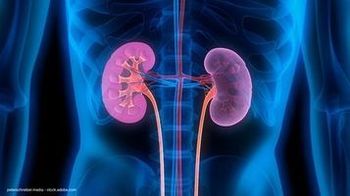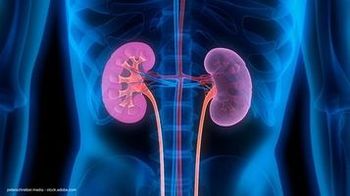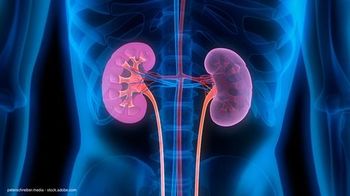
Broad-spectrum agent may be option for resistant UTIs
San Francisco-Community-acquired urinary tract infections are becoming increasingly difficult to treat in several countries due to the widespread increase in drug resistance. In Spain, isolated strains of Escherichia coli have become resistant to nearly all oral antimicrobials, reported Genoveva Yague III, MD, professor of microbiology at the University of Murcia Medical School, Murcia, Spain.
San Francisco-Community-acquired urinary tract infections are becoming increasingly difficult to treat in several countries due to the widespread increase in drug resistance. In Spain, isolated strains of Escherichia coli have become resistant to nearly all oral antimicrobials, reported Genoveva Yague III, MD, professor of microbiology at the University of Murcia Medical School, Murcia, Spain.
Dr. Yague tested 7,792 different urinary strains of E. coli for sensitivity to the broad-spectrum antibiotic fosfomycin tromethamine (Monurol), as well as ciprofloxacin and cotrimoxazole. Of the E. coli isolates, 668 (9%) were found to be ESBL producing. Of those resistant strains, 92% were susceptible to fosfomycin. That compared with 29% susceptibility to ciprofloxacin and 39.4% susceptibility to cotrimoxazole.
Dr. Yague concluded that fosfomycin could be used successfully as an oral treatment of uncomplicated UTIs caused by ESBL-producing E. coli.
Newsletter
Stay current with the latest urology news and practice-changing insights — sign up now for the essential updates every urologist needs.





